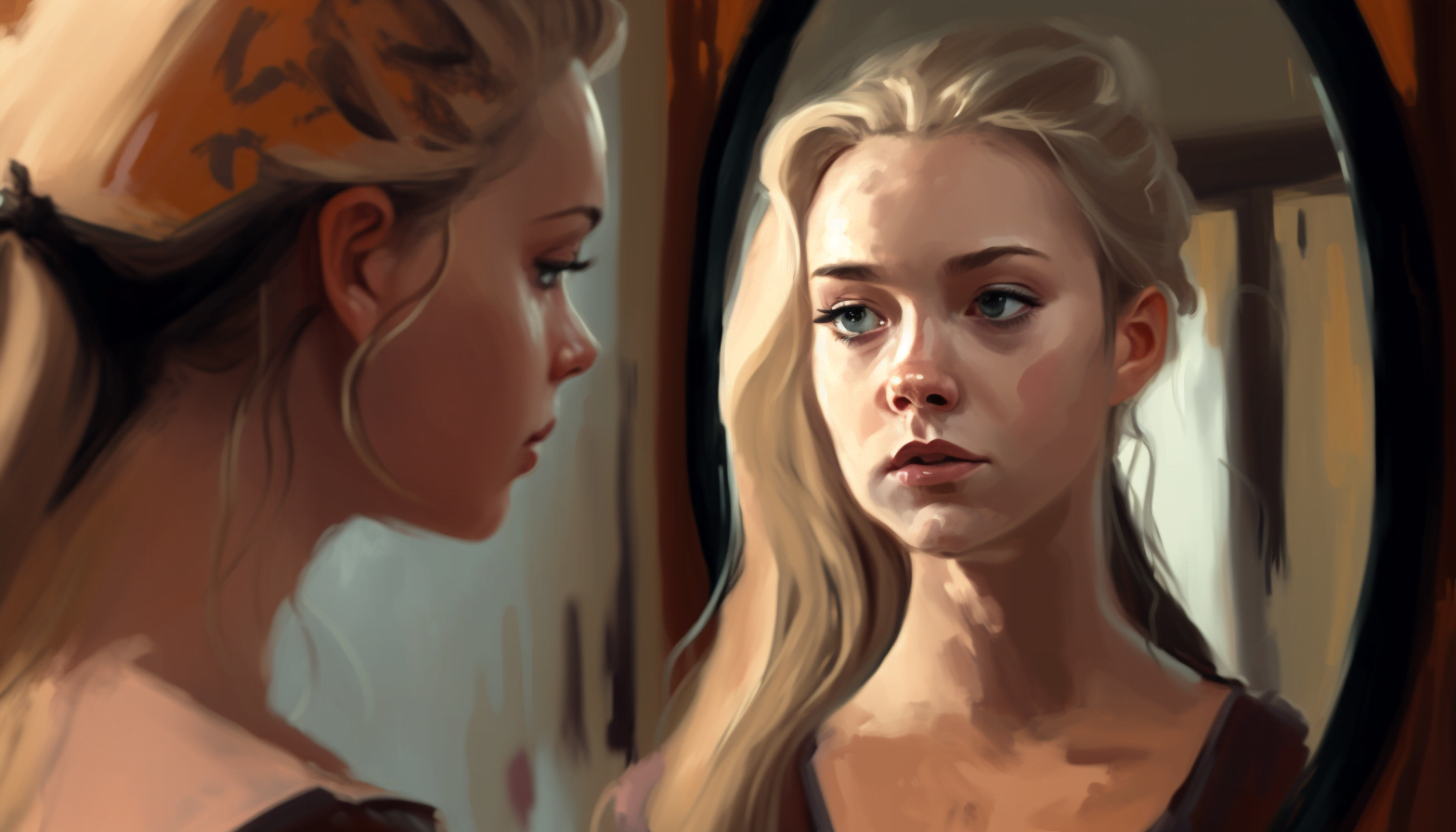TikTok's latest beauty filter is almost indistinguishable from reality

Much of social media is about beauty. A new Beauty AR filter from TikTok adds to that.
Beauty AR filters have been a controversial topic for years, especially on Instagram and TikTok. They conjure up perfect makeup, emphasize cheekbones, turn a hooked nose into a snub nose. Everything that the ideal of beauty demands. This is made possible by the increased processing power of smartphones and huge advances in computer vision.
"This is not healthy"
TikTok's latest beauty filter has reached a new level of realism: it captures the entire face and is so robust that it remains flawless even when you pluck your artificial eyebrows or wipe your hand across your face.
- memo files (@memotv) February 26, 2023
Many TikTok users are amazed by the before-and-after effect. One user, as she deactivates the filter and her real face reappears, says that her insecurity is about to skyrocket, and she comments that "this is not healthy".
- memo files (@memotv) February 26, 2023
According to TikTok user zoe_george_, the filter is "perfect" - but also dangerous. Many girls may not realize that others are using the filter and may follow the standard of perfection it sets because they think that's what people look like.
I don't wanna be known as the tiktok filter guy, but ICYMI after attacking GenX w teenage filter, tiktok just dropped a new filter to take out Millennials & GenZ. "Beauty filters" are not new, but the precision on this is beyond uncanny. This is psychological warfare & pure evil. pic.twitter.com/2G2FeMfrTC
- memo files (@memotv) February 26, 2023
User "memo_akten" describes in detail the changes the filter has made to his face: It widens the forehead, lowers the eyebrows, slightly raises the outer corners of the eyes, makes the nose narrower, the lips fuller, the upper lip shorter, and the chin stronger.
The effect seems to do different things to different ppl. On men in general it's very subtle (not so subtle on women, much harsher & unrealistic expectations). But even on men it's not just "makeup", it makes structural changes (which is trivial once it builds the face 3d mesh). pic.twitter.com/K47mJx1XOu
- memo files (@memotv) February 27, 2023
In general, the filter affects various faces differently. In the case of "memo_akten", the effect is quite subtle.
Criticism of beauty filters
In particular, beauty filters that manipulate facial features have been criticized for distorting reality. They can have a negative impact on the self-perception of both users and viewers.
A study published in June 2019 in the Journal of the American Medical Association showed that such beauty face filters can increase interest in cosmetic surgery. As a result, Instagram banned filters associated with cosmetic surgery in October 2019.
In December 2021, a marketing study on the effect of makeup AR filters, i.e. without physical facial manipulation, examined self-perception before and after using a makeup AR filter compared to a traditional mirror image.
The result: The initial level of self-esteem strongly influences the effect of AR filters. Subjects with high self-esteem experienced a 44 percent greater gap to the ideal state after using the filter than after viewing their mirror image. In contrast, subjects with low self-esteem reported a 16 percent smaller gap to the ideal state after using the AR filter.
How does this fit together?
According to the researchers, subjects with low self-esteem felt more "beautiful" with the AR filter, i.e., closer to an ideal. The filter showed them an attractive, possibly attainable alternative state of their own selves.
High self-esteem subjects, on the other hand, were more likely to feel unsettled by the visually realistic intervention in their natural appearance.
In a follow-up survey, the researchers found that the AR filter had increased the discrepancy between the participants' desired and actual appearance, ultimately leading to a reduction in their self-compassion and tolerance for their own physical imperfections.
AI News Without the Hype – Curated by Humans
As a THE DECODER subscriber, you get ad-free reading, our weekly AI newsletter, the exclusive "AI Radar" Frontier Report 6× per year, access to comments, and our complete archive.
Subscribe nowAI news without the hype
Curated by humans.
- Over 20 percent launch discount.
- Read without distractions – no Google ads.
- Access to comments and community discussions.
- Weekly AI newsletter.
- 6 times a year: “AI Radar” – deep dives on key AI topics.
- Up to 25 % off on KI Pro online events.
- Access to our full ten-year archive.
- Get the latest AI news from The Decoder.